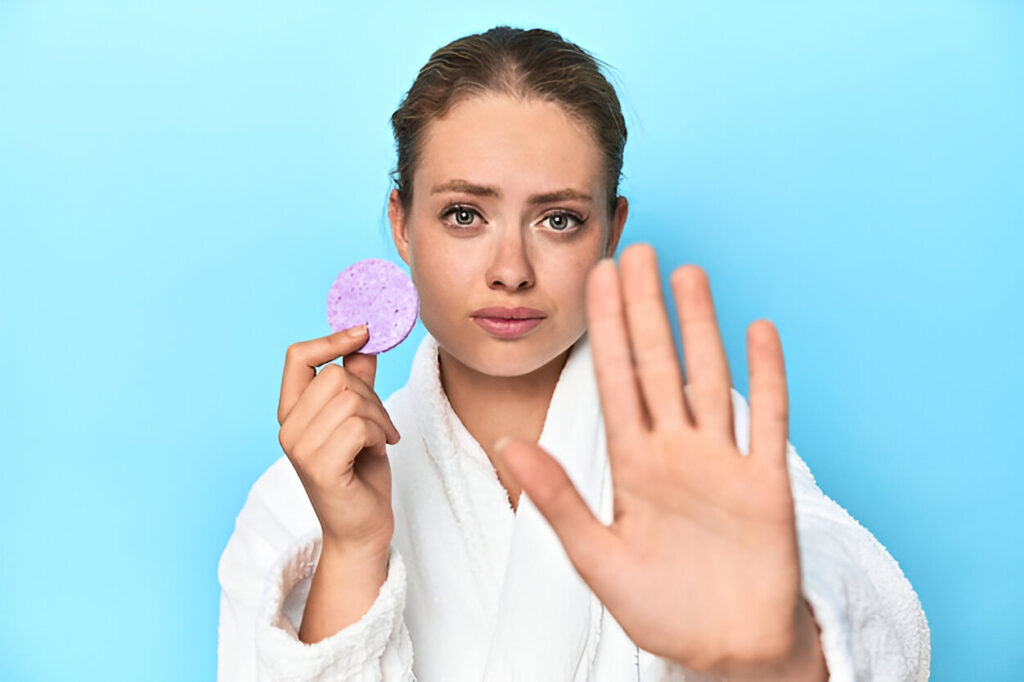Skincare Myths You Should Know
Learn the truth behind common skincare myths with expert tips for healthy, glowing skin from dermatologists.

When it comes to skincare, misinformation is everywhere. From social media trends to age-old advice passed down through generations, it’s easy to fall for skincare tips that sound helpful but can actually do more harm than good. As dermatologists at Dr. Hanan Dermatology Speciality and Trichology Clinic, we frequently correct these misconceptions during our consultations.
In this blog, we’ll expose the most common skincare myths you’ve likely heard—and explain the real science behind them.
Myth 1: Oily Skin Doesn’t Need Moisturizer
Many believe that moisturizing oily skin will make it oil. Truth? Lagging moisturizer can actually increase oil production as skin tries to compensate for a lack of hydration. The key is to use a mild, non-comedogenic moisturizer that hydrates without pores. Moisturizers help maintain the natural obstruction of the skin, reduce inflammation and protect against environmental damage. Even oily skin requires balance – and it comes from proper hydration.
Myth 2: You Don’t Need Sunscreen Indoors or on Cloudy Days
UV rays can penetrate clouds and glass, which means that you are exposed even on overcast days or when sitting near window. Daily use of a broad-spectrum sunscreen with SPF 30 or higher is required-induce or out. Regular use of sunscreen helps premature aging, pigmentation and even skin cancer. This should be the final stage in your morning routine – even if you are staying at home or it is raining outside.
Myth 3: Natural or DIY Products Are Always Better
It’s natural that doesn’t mean it’s safe. Lemon juice, toothpaste, or baking soda can be natural, but can damage the skin obstruction, cause irritation, or spoil pigmentation. Many DIY remedies are highly acidic or abrasive, which disrupt the pH of your skin. Professional skincare products undergo clinical testing to ensure safety and effectiveness, while DIY treatments often lack any scientific support. Always consult a dermatologist before trying home remedies.
Myth 4: Scrubbing Removes Pimples and Blackheads
Over-scrubbing can irritate your skin and worsen breakouts. While exfoliation helps remove dead skin cells, harsh physical scrubs can cause microtears. These tears can lead to inflammation, bacterial entry, and worsening acne. Instead, use gentle exfoliants like AHAs or BHAs 1–2 times a week, which penetrate pores and clean them from within without damaging the skin’s surface.
Myth 5: Acne Is Only for Teenagers
Acne can affect people at any age – especially due to hormonal changes, stress or skincare products. Adult acne is very common, especially in women during its 20, 30s and even 40s. Factors such as PCOS, pregnancy and work tension can trigger breakouts. Adult acne is also more inflammatory and resistant to treatment, which is why professional guidance is necessary.
Myth 6: The More Expensive the Product, the Better
The price doesn’t always reflect effectiveness. Many affordable skincare brands have clinically proven ingredients such as niacinamide, salicylic acid and retinol that provide results. Some expensive products may have fragrance or filler materials that provide very little benefits. What exactly means to understand your skin’s needs and choose products with scientifically supported active ingredients
Myth 7: Drinking More Water Alone Will Hydrate Your Skin
While staying hydrated is important for overall health, drinking water alone won’t fix dry skin. Topical moisturizers with ingredients like glycerin, ceramides, or hyaluronic acid are required to trap moisture in the skin barrier. Skin hydration is a combination of internal and external care—what you drink helps, but it won’t replace what you apply topically.
Myth 8: You Should See Immediate Results from Skincare
Skincare is a process, not magic. Most active ingredients take 4–8 weeks or more to show visible changes. Expecting overnight results can lead to product-hopping or overuse, which harms the skin. Consistency, patience, and the right ingredients for your skin type are the foundation of effective skincare.
Myth 9: You Don’t Need to Wash Your Face in the Morning
Even overnight, your skin accumulates oil, sweat, and bacteria. Gently cleansing your face in the morning helps start your skincare routine with a clean base and improves the effectiveness of your morning products. It also preps your skin to better absorb ingredients from serums and moisturizers applied afterward.
Myth 10: Makeup Causes Acne
Makeup itself doesn’t necessarily cause acne—improper removal or using comedogenic products can. Look for labels like “non-comedogenic,” “oil-free,” or “dermatologist-tested.” Always cleanse your face thoroughly at night, and avoid sleeping with makeup on. Regularly cleaning your brushes and sponges also reduces the chance of bacterial transfer.
Final Thoughts: Trust the Experts
Your skin is unique. What works for one person may not work for another. Instead of relying on viral trends or outdated advice, speak to a qualified dermatologist. At Dr. Hanan Dermatology Speciality and Trichology Clinic in Chennai, we provide evidence-based treatments and personalized skincare plans for your needs.
Break free from skincare myths—and give your skin the care it actually needs.

